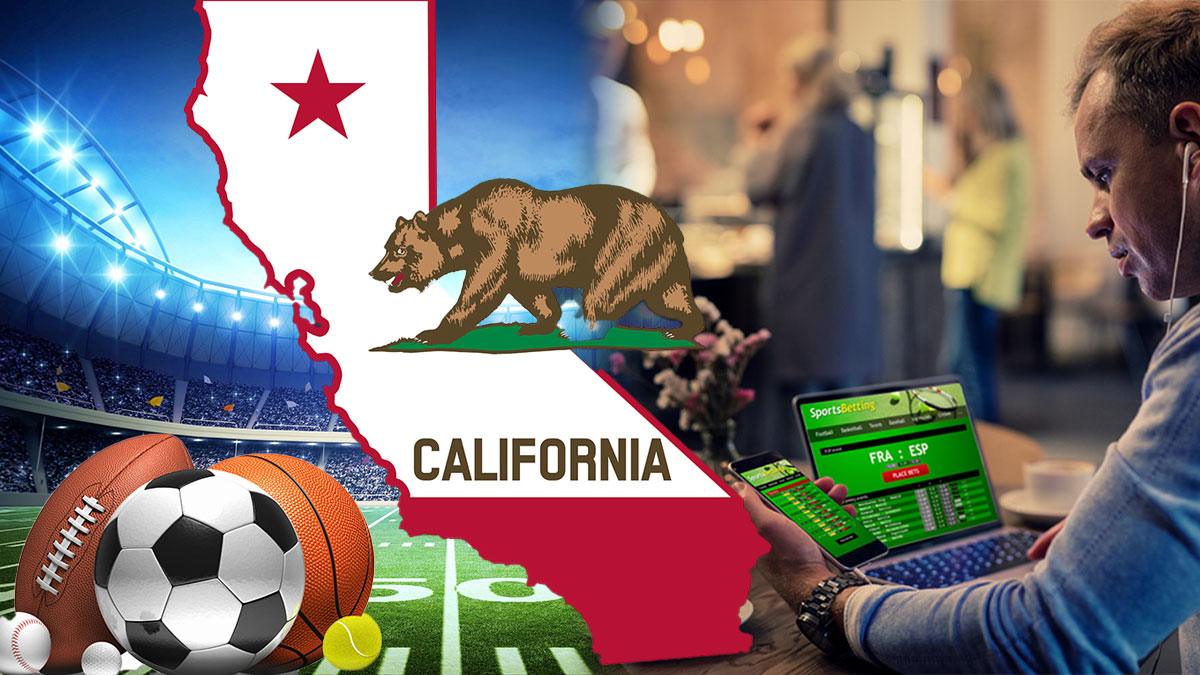On election day, California voters rejected propositions 26 and 27 for sports betting. The California sports betting gold rush that might have happened won’t, at least not right away, thanks to the state’s electorate’s resounding no votes on Election Day to both related ballot measures (Props 26 & 27), which would have opened up the largest potential market in the nation to competition.
We have been following this narrative in the Golden State ever since politicians there submitted the two sports betting ballot propositions, with Prop 26 receiving support from the majority of the tribal members because it would have only authorized a retail market, basically giving the tribes a monopoly.
Prop 27, the alternative sports betting measure, gained popularity among outside operators who saw it as their sole opportunity to participate in California’s legal sports betting market because, unlike its rival, it would only authorize the mobile market.
Thus, the fight for Californians’ hearts and minds in the gambling industry began. For months, both sides made their case to potential voters who would ultimately decide which option they preferred to see implemented in that state. On Tuesday, those voters responded with a resounding “none of the above.”
Prop. 26 received less than 30% of the vote, while Prop. 27 received only 16%, making it an expensive way to learn that the Golden.
CA Sports Betting Campaign Costliest Vote Measure Battle in American History
In October, we published a story titled California Has Spent Record $364M on Sports Betting Ballot Proposal Advertising. Since then, additional funds have been poured in the project, bringing the total to $450 million—the most amount ever spent on a U.S. ballot measure debate.
Of course, that sum pales in comparison to the multi-billion dollar transaction that the legal sports betting market in the United States has produced since it began operating in May 2018, when the Supreme Court abolished PASPA and gave the states the authority to legalize sports betting.
Since then, more than 30 states have achieved this by developing new tax income sources that expand along with the market’s maturation and development, but California will now have to wait to partake in the fun after its people made it obvious that they did not like the way it has been presented.
Sports bettors in California must therefore continue to direct their efforts elsewhere.
State of California Neighbors Arizona, Nevada, and Oregon all have legal sports betting markets
California, which has a population of over 39 million people, would become the largest sports betting market in the United States once that operation begins, but up until that point, gamblers there will still have to spend their money via shady bookmakers or, worse, leave the state.
Those Californians who live close to the border can easily cross over to one of the neighboring states, such as Arizona, Nevada, or Oregon, who have already allowed this activity. These jurisdictions are fully prepared and able to accept bets from California as long as the bettors are willing to travel.
If not, they will keep using the unregulated offshore sportsbooks that gamblers have been using for years to make their bets, which is a dangerous choice that ultimately costs California millions in lost potential tax money they might have been charging on all that activity.
On December 5 of this year, California’s legislative body is scheduled to meet. As a result, there is a good chance that new sports betting-related discussions will be had, with the aim of finding a solution that will satisfy the state’s indigenous tribes, outside operators, and local gamblers at the same time.
For news and updates on this developing subject, check back frequently.




